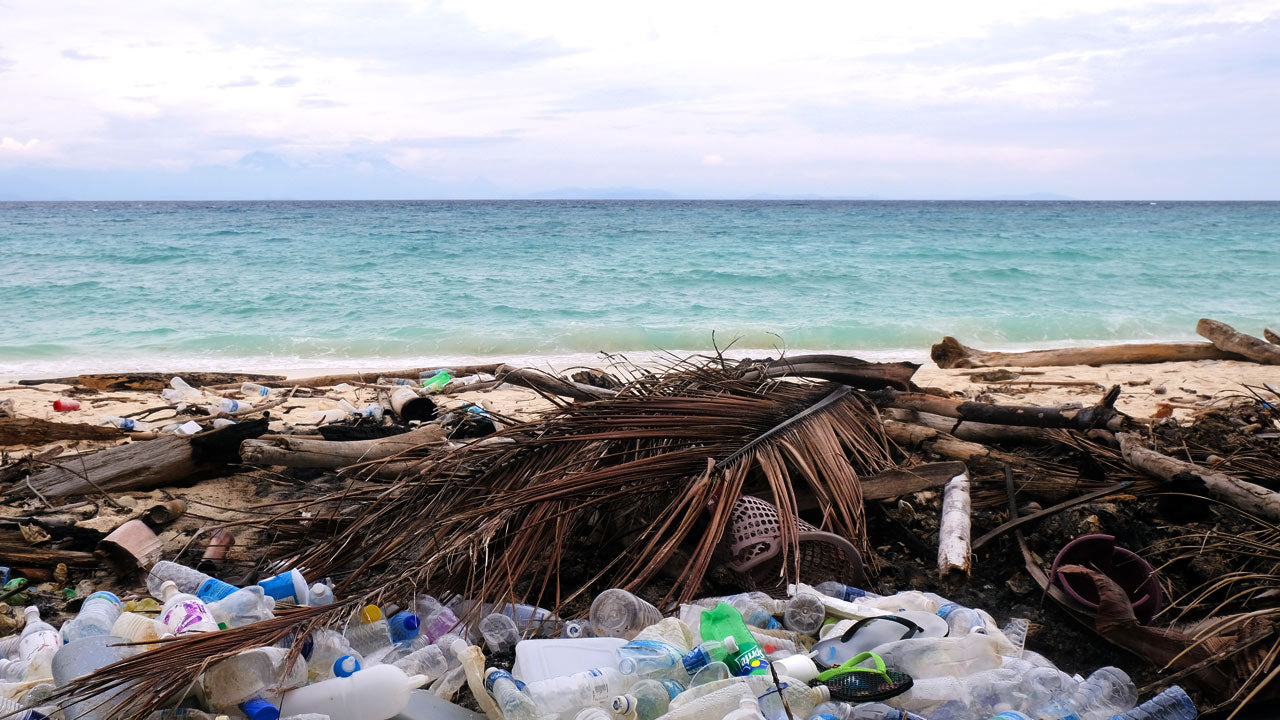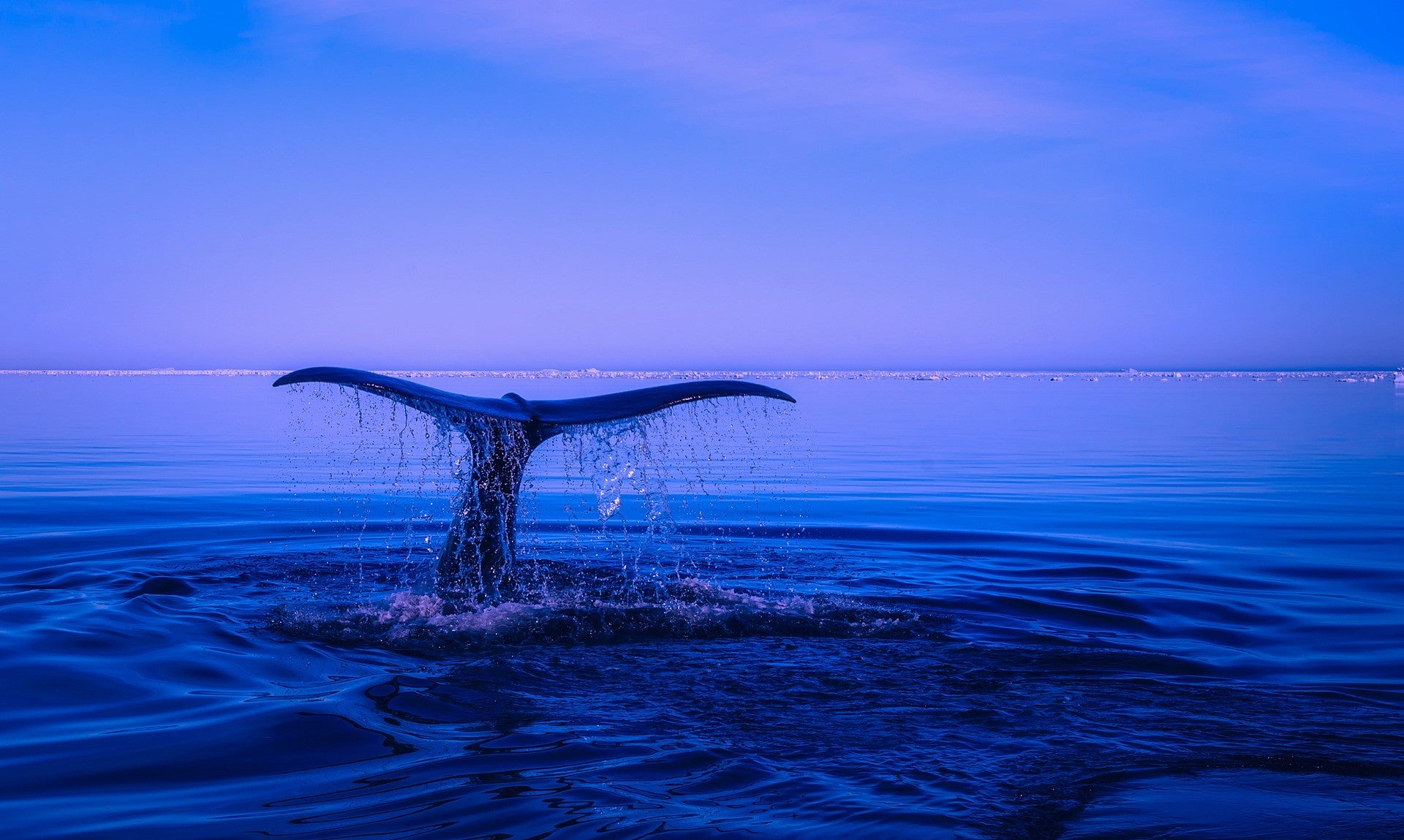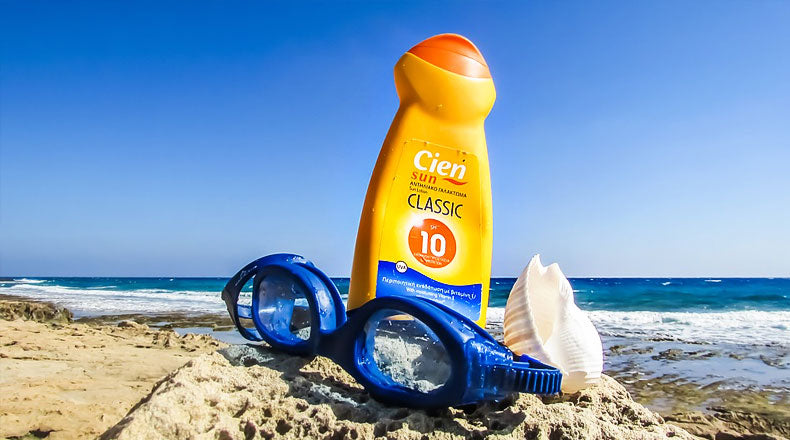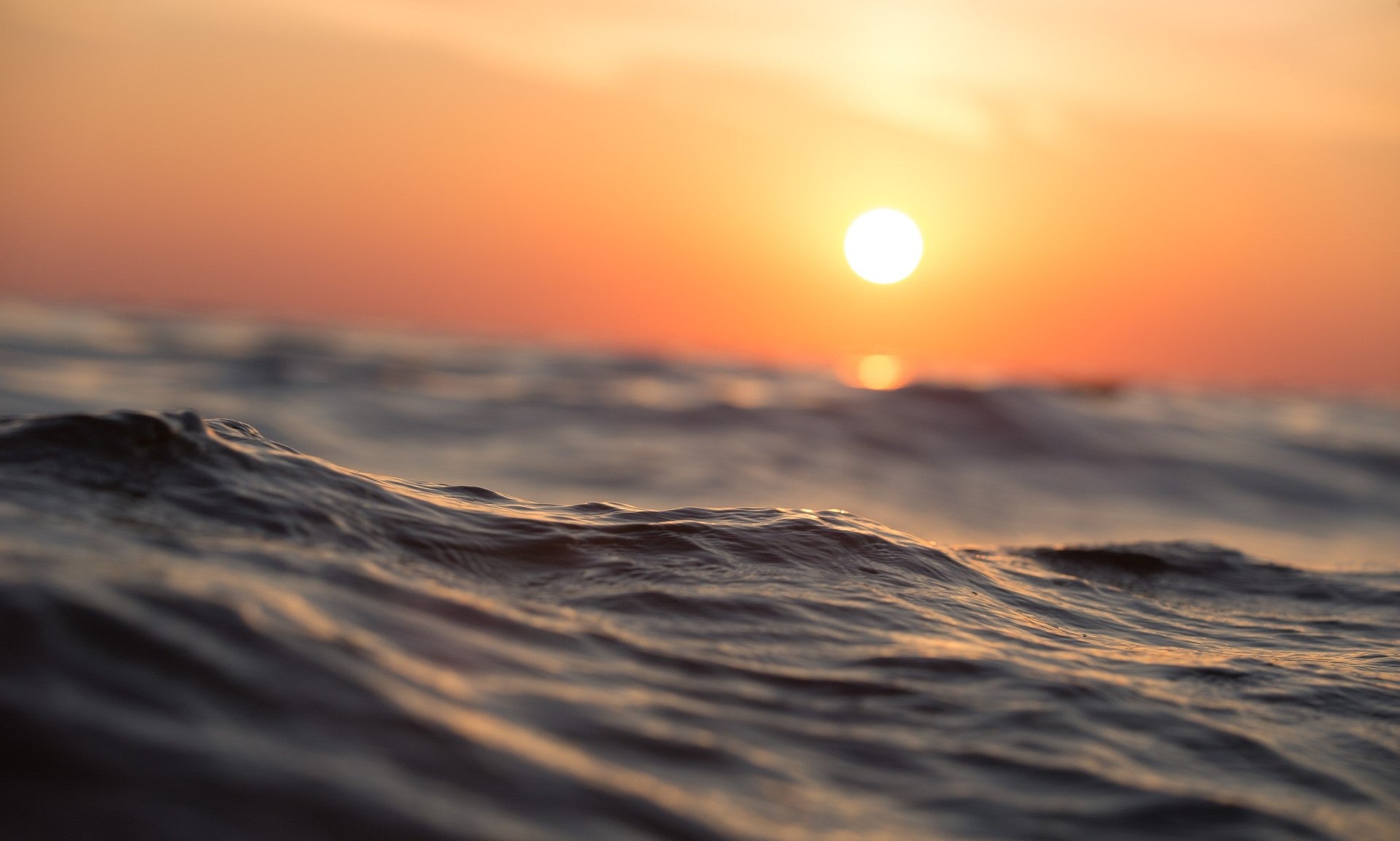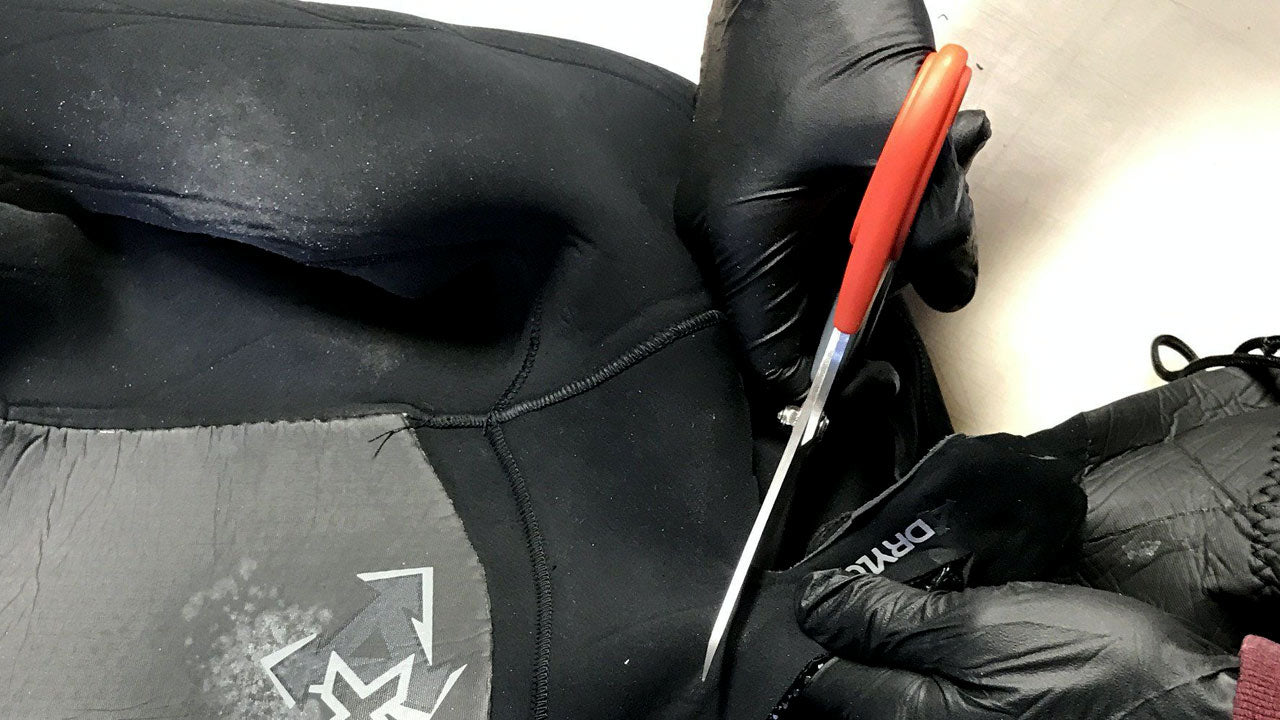
Akona

WATER-BASED GLUE

EARTH FRIENDLY NEOPRENE
Akona is committed to making eco-friendly dive wear by using earth-friendly limestone neoprene and water-based glue.
Limestone neoprene is a sustainable alternative to petroleum-based foam as it is made from calcium carbonate, which is abundant and reduces the carbon footprint. Limestone neoprene is more durable and uses less water and energy during production. Water-based glue replaces toxic solvent-based one, making Akona’s dive wear safer for both divers and the environment.
Akona also uses fabric made of recycled plastic bottles for their wetsuits' lining. By using these environmentally friendly materials and practices, Akona is reducing their impact on the environment while providing high-quality dive wear.
Bare

LIMESTONE NEOPRENE

WATER-BASED GLUE

DOPE-DYED FABRIC
Bare wetsuits are made using eco-friendly limestone-based neoprene, offering superior performance to petroleum-based alternatives. Limestone neoprene feels lightweight and provides better insulation, increased stretch, comfort, and durability.
Bare uses water-based glue, which is as strong as traditional solvent-based glue but doesn't release toxins during production.
Additionally, to reduce chemical waste and water consumption during production, Bare uses dope-dyed fabric. This method is also more economical and benefits the environment.
Overall, Bare is committed to minimizing pollution and reducing water waste and chemical discharge in production processes while providing high-quality wetsuits.
Fourth Element

OceanPositive

Becoming Zero Plastic

Becoming Zero Waste

Becoming Zero Carbon

Becoming Zero Impact
Fourth Element's OceanPositive journey aims to make sustainable products that have a positive impact on the ocean. They strive to reduce waste, eliminate single-use plastic, and ensure that 90% of their products are made from at least 30% regenerated materials by 2030. They also aim to be carbon neutral and support ocean-based charities and projects.
To meet OceanPositive status, Fourth Element’s products must be made from at least 30% recycled materials (but in most cases, much more), come from a certified sustainable source (such as Yulex), or help reduce plastic pollution.
Fourth Element’s goal is to achieve a net zero outcome in plastic use, wastage, and carbon emissions. While they acknowledge that some negative impacts are unavoidable, their aim is to achieve a balance of negative and positive effects, resulting in products that have zero overall impact on the environment.
Henderson

Henderson's sustainable initiative involves creating Greenprene wetsuits that use a neoprene-free deproteinized natural insulating foam along with other natural additives such as sugar cane, plant oils, and oyster shells. This innovative material is not only sustainable but also ultra-soft, stretchy, durable, and lightweight.
The exterior fabric laminate is made from recycled water bottles and selected for its durability, abrasion, and Velcro resistance, while the interior fabric laminate is chosen for its superior comfort, warmth, and stretch.
The entire Greenprene wetsuit program follows a fully sustainable product lifecycle, including packaging and hangtags made from recycled materials.
O'Neill

ECO CARBON BLACK

RECYCLED PLASTIC

DOPE DYED YARN

AQUA-ALFA GLUE
O'Neill, a leading surf and snow gear brand, has made significant efforts to minimize its impact on the environment. The company uses eco-friendly materials in their wetsuits, including Eco-carbon black, a recycled material derived from post-consumer tires that replaces petroleum-based carbon black in neoprene.
They also incorporate recycled plastic into the lining of their wetsuits.
Additionally, O'Neill uses dope-dyed yarn, which reduces water consumption and eliminates the need for harmful dyes.
Furthermore, O'Neill utilizes Aqua-Alpha solvent-free lamination in the production of their wetsuits, which lowers the use of harmful chemicals and water waste. Aqua-Alpha is a water-based adhesive that creates a strong bond between materials without the need for harmful solvents.
ScubaPro

SCUBAPRO CARES

PLANT-BASED NEOPRENE

LIMESTONE NEOPRENE

SOLVENT-FREE GLUE
ScubaPro is a company that is committed to protecting the ocean through environmentally-responsible products and conservation efforts.
They offer the Everflex Yulex wetsuits, which are 100% neoprene-free plant-based foam made from natural rubber. These wetsuits are formulated to resist wetsuit compression while diving, ensuring exceptional fit and warmth for a more enjoyable dive.
ScubaPro has developed X-foam petroleum-free limestone neoprene. In addition, they have replaced toxic solvent-based glue with Aqua-Alfa solvent-free lamination, which is a water-based glue that is much safer for the environment.
ScubaPro is also working towards providing reusable packaging for all their products by replacing plastic with fabric cases, mesh bags, recycled cardboard boxes, and paper. They have removed much of the plastic packaging from their accessories line and spare parts, continuing their eco-friendly approach.
Sharkskin

ZERO CARBON EMISSION

BUILT TO LAST

BIODEGRADABLE PACKAGING
Sharkskin is an environmentally conscious brand that is committed to reducing its carbon footprint. The brand's new building is 100% solar-powered, resulting in zero carbon emissions. Sharkskin also strictly controls waste and efficiency in their own factory: they pack orders effectively and reduce freight and waste. The brand's products are built to last, ensuring they stand the test of time, with a focus on reducing environmental impact. Additionally, Sharkskin has moved to biodegradable packaging in 95% of their range and is working towards having 100% of their range using this packaging soon.
Suunto

Economic

Decreasing
Emission

Social

Lifecycle
Assessment

Environmental

Carbon
Compensated
Suunto is dedicated to improving its environmental impact and promoting sustainability. The company recognizes that protecting the planet is a shared responsibility, and as a manufacturer of outdoor products, Suunto aims to produce long-lasting and repairable items to minimize waste.
Suunto strives to balance profitability with fairness in the value chain, quality-driven design, and a stable high-tech workforce. It fosters a work-life balance culture for its employees and conducts regular social audits to ensure ethical practices by its suppliers.
The company uses 100% renewable energy at its factory and HQ in Finland, achieving zero emissions in its operations in 2021. Suunto also calculates the lifetime carbon footprint of new watches through life cycle assessments and compensates for the emissions identified.
To further minimize its impact, Suunto uses better materials in products and packaging, implements efficient production processes, and encourages its community to make more sustainable choices.

